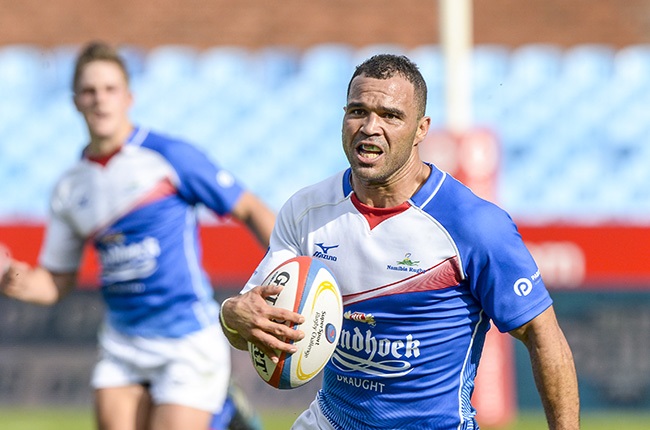
- SA Rugby's Mzansi Challenge is forging ahead despite the Spanish team's withdrawal, on the back of the Israeli team getting controversially disinvited.
- Reports suggested the mother body would abort the project that was meant to expand the game to other regions.
- Tournament director Yusuf Jackson confirmed the competition's start on 24 March.
The seemingly innocuous invitational competition, SA Rugby's Mzansi Challenge, which drew worldwide controversy after Israeli side Tel Aviv Heat was disinvited, is forging ahead despite its hurdles.
The new tournament was announced in January this year, originally involving the Heat, Diables (Spain), Simbas (Kenya), Welwitschias (Namibia), and Goshawks (Zimbabwe), starting on 24 March.
Controversy ranged when SA Rugby withdrew its invite to Tel Aviv Heat, with South African Rugby Union president Mark Alexander downplaying threats on his life.
SA Rugby came under fire from organisations such as the South African Friends of Israel (SAFI) for its decision.
Two weeks before the tournament started, reports then emerged that the Spanish side, Diables, had pulled out of the competition that also involved SA's Currie Cup First Division teams.
Reports suggested that poor communication on SA Rugby's part was a hindrance but News24 understands on good authority that the Spanish side struggled to meet financial obligations on their side to enable them to participate.
The six invitational teams became four but tournament director Yusuf Jackson was unequivocal that it was going ahead in 10 days' time.
"Yes, it is still going ahead and we're excited for the competition to kick off in 10 days' time," Jackson told the publication.
"We have regularly communicated to all participants, as we did during the 2022 competition, and nothing has materially changed."
News24 was informed that the invited teams would have to pay for their own accommodation and expenses while in South Africa for the tournament.
Jackson confirmed that there were financial responsibilities incumbent on those teams, which they had to meet to participate.
"All international teams (inclusive of African teams) are fully aware of the financial requirements of playing in the competition as part of the invitation from SA Rugby," he said.
"They are required to subsidise their full stay whilst in SA financially. Should they wish to play their home games in their respective countries, they are required to subsidise the SA teams' travel, accommodation and land arrangements, something Kenya chose to do last year."


